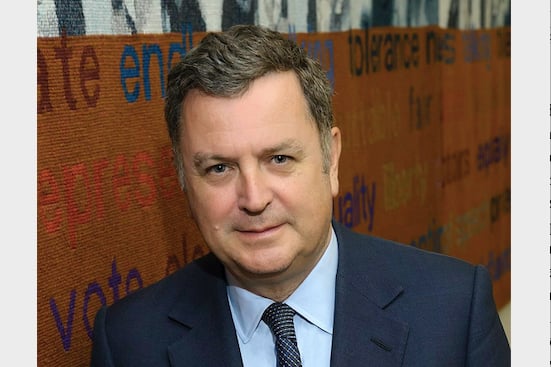I KNOW the last few years have been tough for many families in Central Devon. With post-Covid supply pressures and the impact of Russia’s invasion of Ukraine on global energy prices and other goods, the cost of living shot up.
In government the Conservatives stepped in to help households with their energy bills and with tens of billions of pounds in targeted cost of living payments to the most vulnerable households, while also working in tandem with the Bank of England to bring inflation down.
Thankfully we managed to get inflation back down to its two per cent target rate, and we are now beginning to see the benefits of that for mortgage holders, first-time buyers and businesses across Devon.
On Thursday, August 1, the Bank of England reduced interest rates for the first time since the pandemic struck the economy more than four years ago.
That will provide some welcome relief for my constituents who are looking to buy a home or remortgage, and local businesses who need finance in order to invest and grow.
It will of course take time for rates to come down further, and for that to happen we must ensure we stay on the right path with inflation remaining at or close to the target rate.
Prices and mortgage rates are still much higher than they were, but we are on the right trajectory and the expectation is for rates to continue to fall over the coming months and years.
This is also more evidence that the new Chancellor’s claims of having inherited an economic mess are completely unfounded.
Now while prices of food and fuel have stabilised, higher rates of inflation persist especially the service sector. Part of that is driven by labour costs, with wages continuing to rise strongly.
Rising wages are of course welcome but must be balanced against the need to control inflation across the economy, especially when often the most vulnerable in our community, such as pensioners, are not benefiting from the higher wages but could face the impact of higher inflation.
Pay rises have to be sustainable and driven by rising productivity and a buoyant labour market.
We should keep that in mind when we consider the decision by Rachel Reeves on Monday, July 29, to approve inflation-busting pay rises across the public sector, including a pay deal worth 22 per cent over two years for junior doctors who were threatening strike action.
Nobody wants us to face industrial action in our public services, but the new government has sent a message to the unions that, when push comes to shove, it will prioritise avoiding strikes over managing inflation and the public finances.
We have already seen other unions asking questions about what this means for them.
The Chancellor would have us believe she is taking tough decisions, but the fact is she’s taken the easy way out and tried to pin the consequences on her predecessors.





Comments
This article has no comments yet. Be the first to leave a comment.